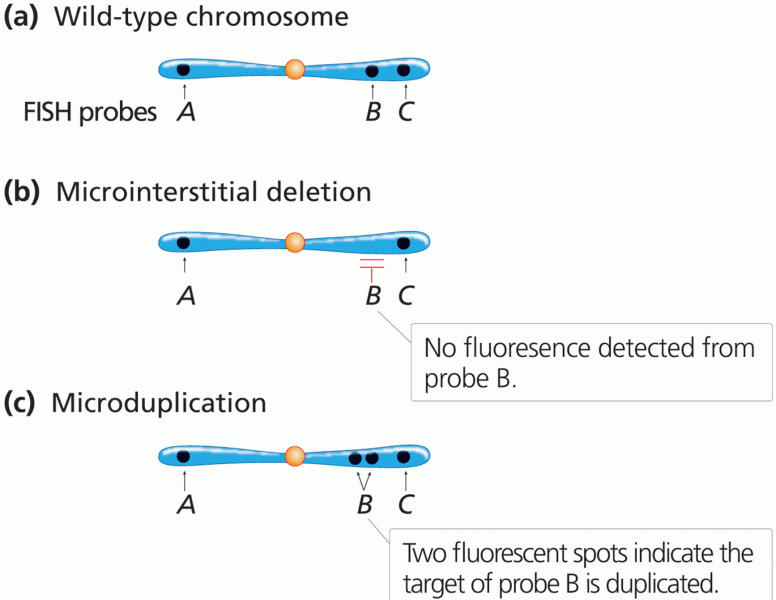|
|
|
Did you know?
Excessive alcohol use costs the country approximately $235 billion every year.
Did you know?
The human body produces and destroys 15 million blood cells every second.
Did you know?
The FDA recognizes 118 routes of administration.
Did you know?
Atropine was named after the Greek goddess Atropos, the oldest and ugliest of the three sisters known as the Fates, who controlled the destiny of men.
Did you know?
According to the American College of Allergy, Asthma & Immunology, more than 50 million Americans have some kind of food allergy. Food allergies affect between 4 and 6% of children, and 4% of adults, according to the CDC. The most common food allergies include shellfish, peanuts, walnuts, fish, eggs, milk, and soy.







